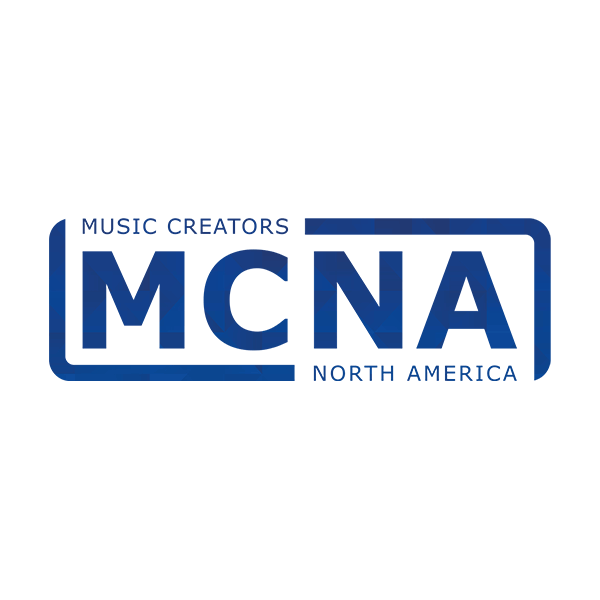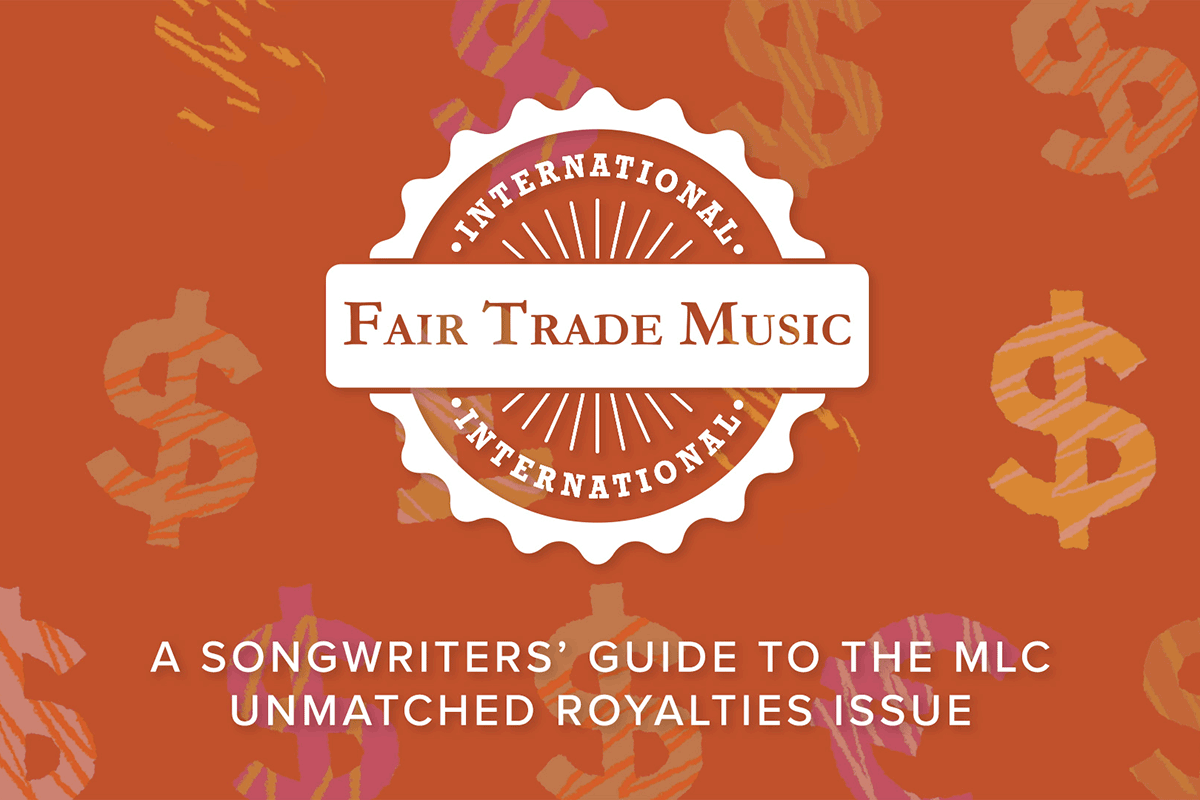Negotiating away future earnings.
In recent years, we are seeing a trend among production companies, digital music distributors and other music users to acquire full ownership and control over musical works rather than simply requesting licenses for use. The benefit of this strategy is for them to limit or even eliminate any obligations to pay future royalties to the music’s creators.
While music creators have the moral right to do what they wish with their work, the concept of buyouts is problematic when it becomes a condition of use or a contractual norm. Creating a successful piece of music can take years of hard work, false starts and near misses. The only way to earn a living through this period is by receiving fair remuneration from your previous work.
Additionally, the financial worth of a piece of music is impossible to know before release and for new songwriters or composers, this figure is usually undervalued. And when deciding this amount, only a handful of composers have the same negotiating power as a corporation.
Buyouts are generally bad news for music creators. Their rights and future royalties are being bought outright in exchange for a single payment that is at best, a guess of its true value.”
GREG JOHNSTON
Screen composer and FTMI board member
A further complication is that legislation protects music creators in different ways depending upon the country in which they work. In the EU for example, the author’s right of initial ownership together with other inalienable economic and moral rights are protected in national laws and various EU directives. In the US however, the doctrine of “work for hire” permits an employer to claim authorship of works created by commissioned music creators.
Buyouts in practice
There are four basic scenarios by which buyouts can occur, and each scenario can be extremely complex. To negotiate these successfully, music creators ideally require thorough legal advice, proper representation and effective bargaining leverage. Unfortunately, the majority of independent songwriters and composers rarely have access to any of these things. This can make buyouts susceptible to pressure and abuse.
Full copyright buyouts
This refers to the acquisition of the entire copyright in a new musical work in exchange for a one-time only fee to the music creator. Following this, there will be no further creator compensation and no continuing participation or control (including moral rights).
Under the provisions of US work-for-hire laws, there is also no chance for reversion of rights back to the creator.
Limited copyright buyouts
This is a less extreme version of the full buyout where a reduced portion of future rights may be retained. Often, the music creator continues to receive the writer’s share of performing rights royalties.
In a non-work-for-hire situation, the creator could reclaim the work after an agreed upon period or at a time stipulated by statute.
Project buyouts
In a direct license/project buyout the music creator’s rights are acquired in perpetuity for the specified use of a musical work within an audio-visual or other project. In return they receive a one-time per-project usage fee.
In this case, the copyright in the musical work is usually retained by the music creator.
Writer’s share buyouts
This buyout assigns the entire 50% writer’s share of a pre-existing and/or non-commissioned musical work for a one-time only fee. The creator or heir has no further compensation and no continuing participation or control.
Often there is also no chance for reversion of rights back to the creator or heir.










